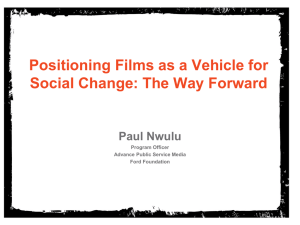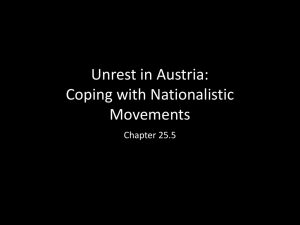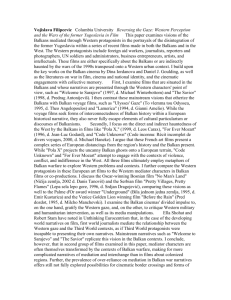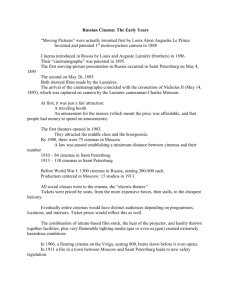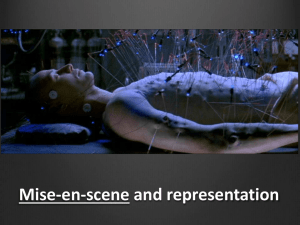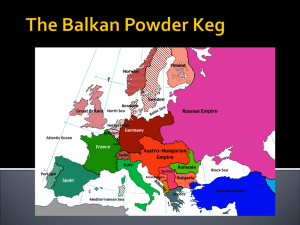FILM CIRCULATION ON THE BALKANS
advertisement
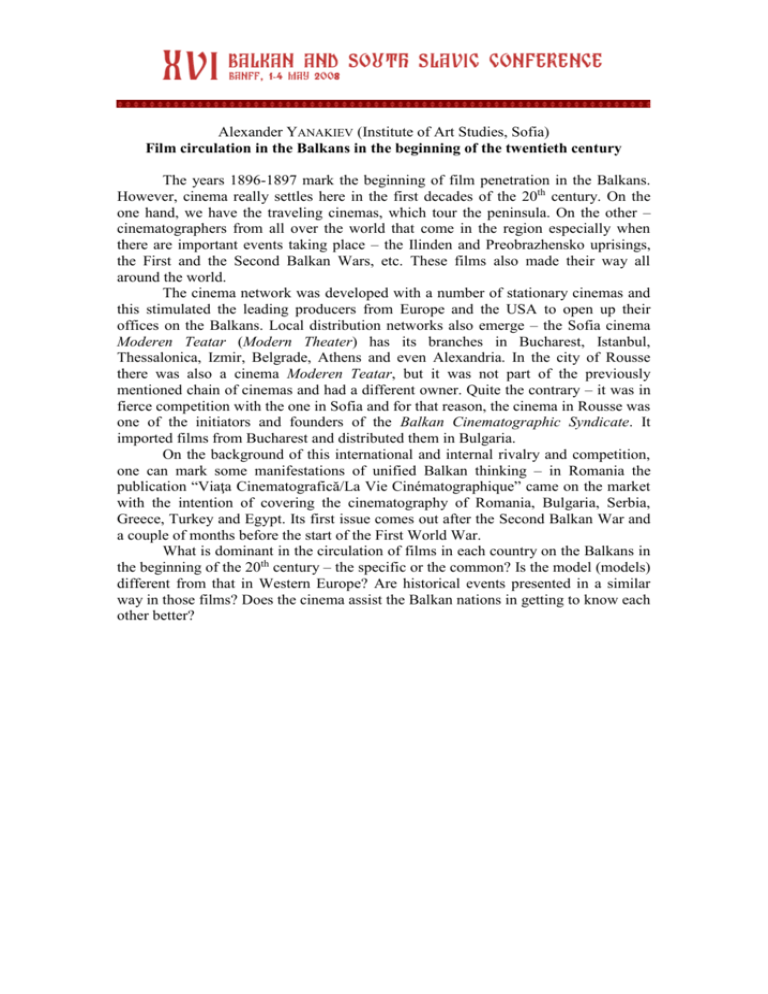
Alexander YANAKIEV (Institute of Art Studies, Sofia) Film circulation in the Balkans in the beginning of the twentieth century The years 1896-1897 mark the beginning of film penetration in the Balkans. However, cinema really settles here in the first decades of the 20th century. On the one hand, we have the traveling cinemas, which tour the peninsula. On the other – cinematographers from all over the world that come in the region especially when there are important events taking place – the Ilinden and Preobrazhensko uprisings, the First and the Second Balkan Wars, etc. These films also made their way all around the world. The cinema network was developed with a number of stationary cinemas and this stimulated the leading producers from Europe and the USA to open up their offices on the Balkans. Local distribution networks also emerge – the Sofia cinema Moderen Teatar (Modern Theater) has its branches in Bucharest, Istanbul, Thessalonica, Izmir, Belgrade, Athens and even Alexandria. In the city of Rousse there was also a cinema Moderen Teatar, but it was not part of the previously mentioned chain of cinemas and had a different owner. Quite the contrary – it was in fierce competition with the one in Sofia and for that reason, the cinema in Rousse was one of the initiators and founders of the Balkan Cinematographic Syndicate. It imported films from Bucharest and distributed them in Bulgaria. On the background of this international and internal rivalry and competition, one can mark some manifestations of unified Balkan thinking – in Romania the publication “Viaţa Cinematografică/La Vie Cinématographique” came on the market with the intention of covering the cinematography of Romania, Bulgaria, Serbia, Greece, Turkey and Egypt. Its first issue comes out after the Second Balkan War and a couple of months before the start of the First World War. What is dominant in the circulation of films in each country on the Balkans in the beginning of the 20th century – the specific or the common? Is the model (models) different from that in Western Europe? Are historical events presented in a similar way in those films? Does the cinema assist the Balkan nations in getting to know each other better?
